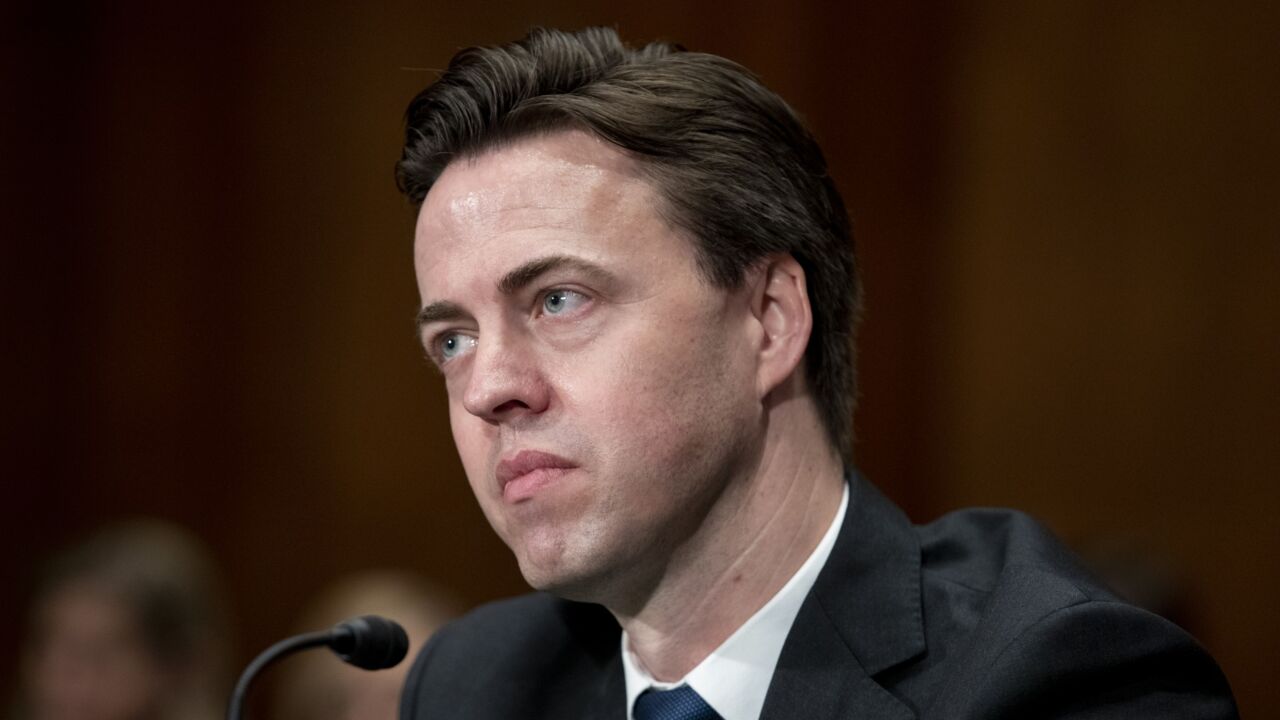WASHINGTON — The Federal Reserve Board on Thursday said it has commissioned a third-party study into the costs and causes of payments fraud, following a recommendation of its own years-long examination of how to modernize the U.S. payments system.
The Fed said it has commissioned the Boston Consulting Group to “measure fraud and associated costs in the U.S. payments system and identify the causes and contributing factors to fraud.” The report is expected to be completed within the next four to six months, the announcement said.
Ken Montgomery, chief operating officer of the Federal Reserve Bank of Boston and payments security strategy leader for the Federal Reserve System, said the report will contribute to the central bank’s understanding of the complex and interwoven payments system and help policymakers decide how to make a modernized payments system more efficient.

“The vast number of participants and complex nature of the payments industry make it challenging to determine where the greatest opportunities exist for significantly mitigating fraud,” Montgomery said in a press release. “We hope to bring greater insight to the challenge with a comprehensive view of payment fraud data and payment security vulnerabilities that will help inform next steps for ongoing industry collaboration.”
The Fed’s Payments Task Force issued





